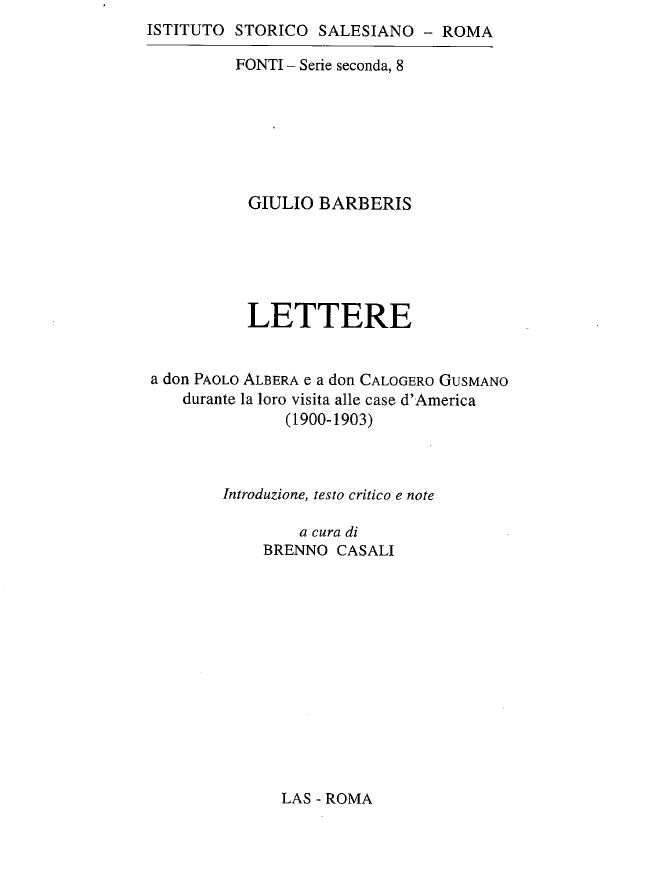Catholicae religionis ministris persuasum semper fuit in adolescentulis bene instituendis maximam esse sollicitudinem adhibendam. Etenim, iuventu te malis aut bonis moribus imbuta, bona aut mala ipsa hominum societas fiet. Ipse Christus Dominus huius rei veritatis nobis clarum exemplum suppeditavit, praesertim quum parvulis ad se advocatis divinis manibus benediceret, atque clamaret: Sinite parvulos venire ad me.
Continue reading “Giovanni Bosco – Regulae Societatis S. Francisci Salesii”






